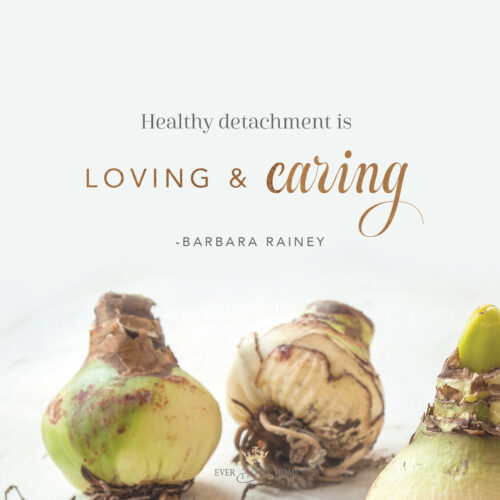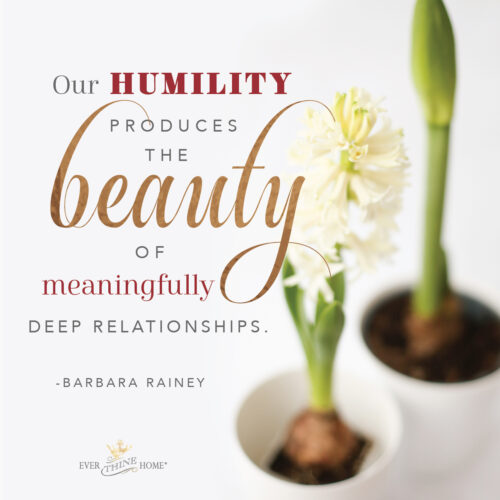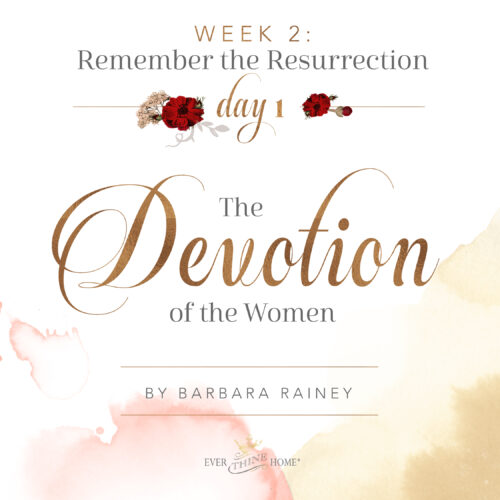
Why is it that one of life’s most difficult relationships is often between a mother-in-law and a daughter-in-law? Or sometimes a son-in-law?
Most of us have high hopes for these relationships before they become official. We imagine getting along, spending time together, and liking each other. And yet all too soon individual relationships suffer from misunderstandings, missed expectations both stated and unstated, and hurt feelings.
And most of the time it’s all unintentional.
I remember a comment a friend of mine made in her introduction at the start of a small gathering of leaders: “Human beings are meaning makers!”
All my life I’ve looked for meaning, especially the deeper, unseen significance in events, ceremonies, holidays, even details of God’s creation. So I was dazzled by the implications of this true and suddenly-obvious statement. I am made in His image, the Author and Creator … who as the Word is the meaning behind everything. So my search for meaning was and is always a search for Him!
What does this have to do with being a mother-in-law?
Simply this: These often troubled and ridiculed relationships are, at the heart level, a quest for meaning and value. When we don’t get along, when we believe the worst, when we retreat in fear and therefore withhold love, we miss the added value and delight God built into these unique relationships. Because we want meaningful relationships with these people—our people—the hurtful comment or disappointment is greater than the same from a total stranger.
Here are three common mistakes I have made as a mother-in-law; and I would guess some of you have too.
Mistake #1: Wrong assumptions
In the middle of a difficult moment with in-law relationships, it is very easy to assume the worst about a daughter or son-in-law. A Christian counselor friend once said, “When we assume the motives of someone else we are wrong most of the time.” I have learned this is very true.
We mothers-in-law often forget is what it’s like to be in their shoes. Remember when you were newlyweds or new parents? What did you want from your parents and in-laws? What did you wish for? It might be a good exercise to make a list of what you remember as a starting point for making changes in your relationships.
The danger of assigning motives, of assuming someone’s intent, is we never know all the facts. Our in-law children are new to our family. They come with their own often un-named values, beliefs, and assumptions about what we, their in-laws, should or should not do. Not to mention what their spouse—our child—should or should not do. And … they are still figuring out their young marriage. It’s very complicated.
The temptation is always to side with your own children, to assume they are correct, because we know them. But God is clear when He says, “You shall not be partial in judgment … For the Lord your God is God of Gods and Lord of lords, the great, the mighty and the awesome God, who is not partial …” (Deuteronomy 1:17; 10:17). Meaningful in-law relations can’t happen if we are assuming the worst or assigning blame without knowing all the data. And we will rarely have all the facts.
Conclusion: Choose to believe the best. Ask God to give you His love and grace and to help you give grace, expecting nothing in return.
Mistake #2: Impatience
We’ve had a lifetime to get to know our children, but when they marry we often have only a brief time getting to know their spouse. It’s all too easy to impatiently expect these grafted-in new members of the family to feel as comfortable with your family as everyone else. Relationships take time … lots of time with many investments of grace, love, and patience.
I was talking with my friend Joanne about lessons we’ve both learned in sibling and parent-child relationships, and she mentioned the phrase “healthy detachment.” I instantly knew what she meant and that I needed to hear this. I was feeling responsible to fix the rift between two of our adult children. I felt like I should … do… something … that doing nothing was neglectful, unloving. But in this case the breach was not mine to repair; I needed to detach myself from the situation and let them work it out.
Healthy detachment is loving and caring for your adult children. It means not letting their circumstances affect your daily well-being. This is not easy. I know. And it is painful. But it’s important that we parents continue to grow our faith in God, trusting Him to work in our children’s lives. Without our help!

“Waiting is not wasting,” Joanne also said. We want great relationships today. Now. And often God’s timetable is long.
Conclusion: We are not responsible anymore. God is more than able to work His will in their lives without our help. Our job now is to be patient with the process and trust Him to do the work.
Mistake #3: Defensiveness
When a child we have raised and loved and given our lives for points out a flaw he or she sees in us, it hurts. Our natural inclination is to be defensive, to explain our position and how hard we tried to do our best rather than just apologize and say, “I’m so sorry that hurt you so much.” We forget so easily that we are all flawed, broken people and no parent is perfect. So why are we surprised when our children grow up and notice?
This next statement isn’t natural but … instead of being defensive, Christian parents should be grateful for the opportunity to apologize for the mistakes we make! Even if it was 100 percent unintentional. Modeling apology and forgiveness will open the door for your child to do the same with you or with others. A friend once said, “Seeing a flaw in ourselves is a joy because we now have the opportunity to be rid of it.”
It takes maturity and humility to see our sin this way but it’s liberating.
Only when we own our mistakes with our kids and admit where we failed them will we grow rich relationships with them and with their spouses. The truth is always your friend.
Only humility produces the beauty of meaningfully deep relationships. And continually acknowledging our own sin and failure before God makes beautiful our lives and the greater body of Christ.

It’s been quite a journey with our six and their spouses since our first got married in 1997. We’ve known lots of misunderstandings and mistakes. Thankfully we’ve known forgiveness too. We love our kids so much, including their spouses. They each bring uniqueness which challenges us to greater faith, and that is always good.
He’s got us and He’s got our kids too!






